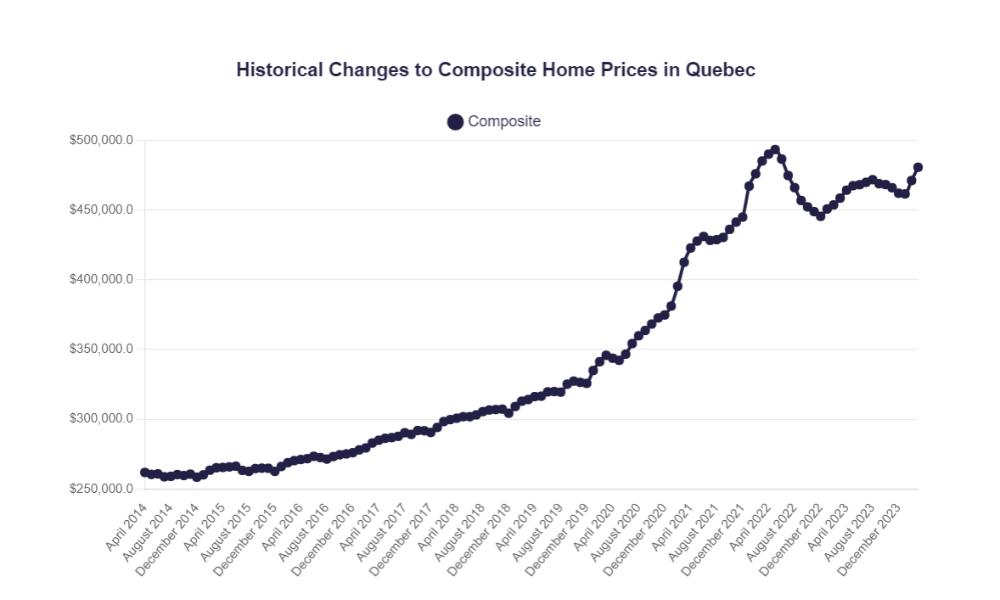Minimum wage earners have to work over 50 hours a week to reach viable income range

Despite an increase in Quebec’s minimum wage, minimum wage earners would have to work beyond 50 hours a week to reach the lower threshold of the viable income range, according to a new report from the Institut de recherche et d’informations socio-économiques (IRIS).
As of May 1, the province’s minimum wage increased 50 cents to $15.75 per hour, but to live a life free of poverty, residents would need to make between $20 and $30 an hour, says the report.
That’s because it takes between $30,738 and $43,609 per year for a single person to live out of poverty in Quebec and varies between $72,788 and $86,585 for a family of four.
Montreal had the largest increase in liveable income in the past year, with an increase of 19.3 per cent, followed closely by Saguenay, Gatineau and Sherbrooke.

"Unlike the Market Basket Measure (MBM), the calculation of sustainable income indicates what a dignified standard of living represents, beyond the mere coverage of basic needs. This includes being able to make choices and be able to deal with the unexpected,” said Eve-Lyne Couturier, researcher at IRIS and author of the study.
Up to 25 per cent more expensive for families moving
In its report, the IRIS included a moving penalty to reflect market prices for rental housing in a context of skyrocketing rent.
In Montreal, the amount planned for housing rose by an average of 25 per cent for families with children who have moved in the past year. Significant moving penalties are also recorded in the cities of Quebec City and Gatineau.

"People who have to move because their families are growing or who are evicted from their homes need to set aside more money for housing. The data provided by CMHC vastly underestimates what families with young children are actually paying, and in the vast majority of cases they have not lived at the same address for as long as older households," said Couturier.
The average selling price of a home in Quebec increased by 4.8 per cent year-over-year to $480,700 in March 2024, while the average rent increased by 9.0% per cent year-over-year to $2,000 for March 2024, according to Nesto.




